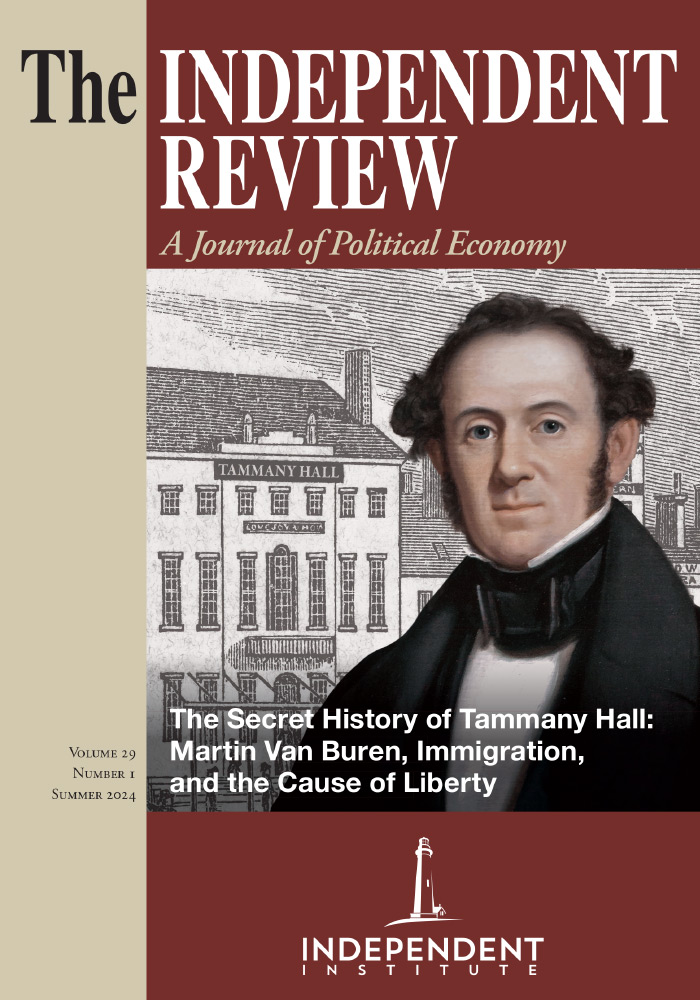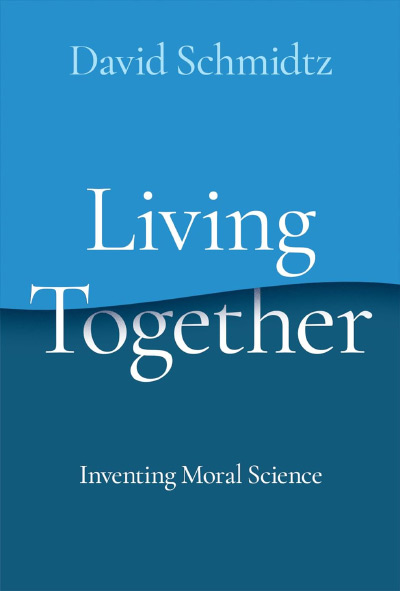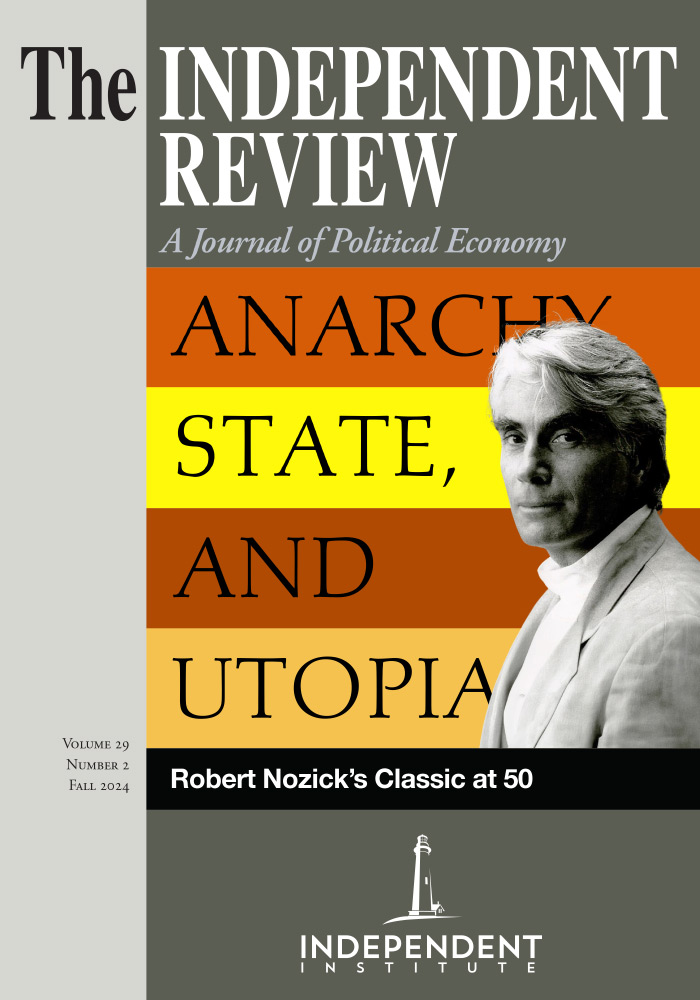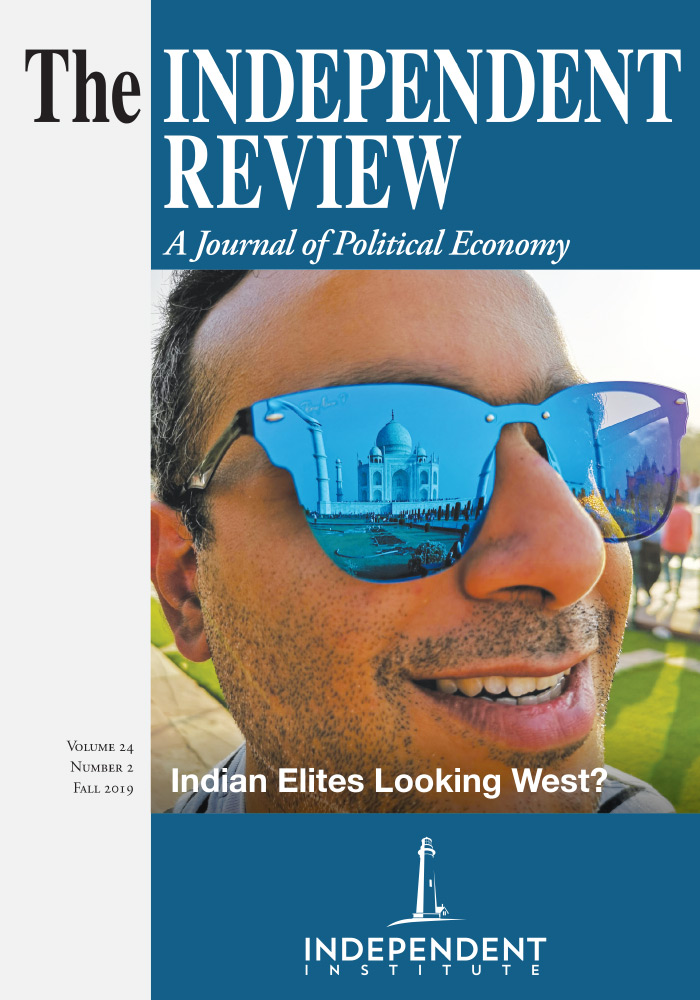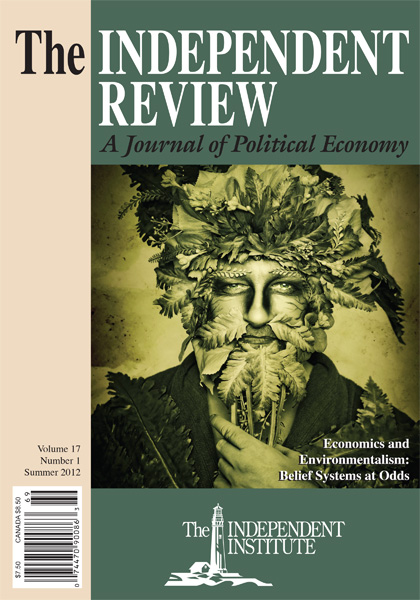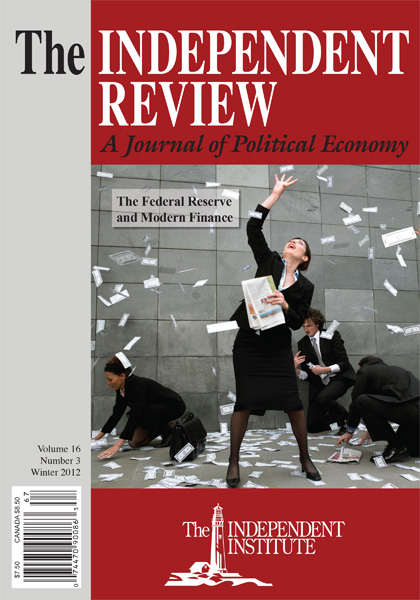The two-part title of David Schmidtz’s new book, Living Together: Inventing Moral Science, indicates a pair of methodological shifts he both advocates and undertakes; pursuing the implications of these shifts constitutes the thematic unity of the twentythree short essays that comprise the text.
The first half of the title, “living together,” expresses a rejection of the priority of moral to political philosophy. Schmidtz asks in the introduction: “Is ‘how to live?’ more fundamental than ‘how to live together?’ I was taught to assume as much, but there was never any reason to believe it” (p. xiii). So Schmidtz initiates an investigation into our social nature and common life. But how is that investigation to be carried out?
Here, the second part of the title, “inventing moral science,” comes into focus. For Schmidtz, investigation into our social life is an investigation into what works, and that inquiry should be, to a considerable extent, observational, empirical, and evidence driven. Following David Hume, it is an inquiry into what people in fact find useful and agreeable; it is neither an exploration of linguistic meaning, an attempt at deductive proof, or an exercise in “ideal theory.”
Consider two different approaches to justice, one respecting Schmidtz’s two methodological shifts, one not. The second of these would address justice in the abstract, as an ideal, and without attention to empirical facts about how, for example, incentives work in actual human life. Such an approach might say that while a world in which everyone has more is better, it is less just than a world in which everyone has an equal amount. Or it might say that justice requires giving to the point of marginal utility in order to relieve hunger, while disregarding strategies that actually cause the percentage and even overall number of hungry people to decline.
By contrast, Schmidtz argues that an approach that idealizes away from incentive structures is not a case of “setting aside details to reveal a system’s underlying logic.” Rather, it is “setting aside the underlying logic” itself (p. 34). A realistic approach to justice must focus not on unattainable ideals, but on avoidable pitfalls, and on demonstrably successful ways of managing conflict. So, we are better off attending to Amartya Sen’s observations about the importance of democracy and accountability in thinking about world hunger than focusing on Peter Singer’s extrapolation from our obligation to save a drowning child. The crucial question is: What, in fact, works?
Singer’s argument, in focusing solely on the isolated acts of individual agents, fails to see world hunger as a social problem, a problem, again, of living together. To approach world hunger as Singer did in the 1970s is to approach it as a parametric game; to approach it as suggested by Sen’s work is to approach it as a strategic game, a game in which “outcomes are consequences not of particular acts but of patterns of cooperation” (p. 45).
So, what does work? Readers familiar with Schmidtz’s work will not be surprised to find an emphasis on a moderate libertarianism, one that treats rights, especially property rights, like traffic lights, telling people when they must stop and when they can go, but providing no one with an ultimate destination.
Schmidtz does not pretend that such a social world will be problem-free. Chapter 13, “The Moral Science of Adam Smith,” identifies both social and personal threats of commercialization: socially, crony capitalism and “men of system,” and personally, a variety of failures of self-love, the love that leads human beings to make something praiseworthy of themselves. In chapter 14, though, Schmidtz argues that concentrations of power that might be thought necessary to cure these ills actually make things worse, for it is observationally manifest that power corrupts (this is a truth ignored by too much political theory). Thus, to reiterate, the “political ideal is to manage traffic, not impose the correct destination” (p. 21). Chapters 15 and 16 then make the case for the value of the rule of law and cost-benefit analysis in the project of liberal traffic management.
Let me here return to Schmidtz’s first methodological shift, away from putting moral philosophy first and political philosophy second. What we see in a functioning liberal society of the sort observed and described by Schmidtz, and by Adam Smith before him, is that political philosophy, or, better, a successful politics, leads to moral philosophy. For when traffic is well managed, people are empowered to live their lives: liberated from hunger and servility, driven by their own self-conception of the good life and not that of others, human beings can now make something of themselves (though of course, many will fail to do so).
This is a challenge: Schmidtz asserts more than once that politics does not require heroism, but living one’s life does, and it requires asking the question of how one is to live. Part 6 of the book, “Inventing the Self,” sketches some of the philosophical problems that question raises and then proposes answers. Especially interesting are Schmidtz’s reflections on noninstrumental reasons, in which he argues that instrumental reason in humans includes a capacity to transcend itself, so that we can adopt noninstrumental ends. The discussion is reminiscent of Bernard Williams’s attempt, in Truth and Truthfulness (2002, Princeton, N.J.: Princeton University Press), to describe the human “construction” of intrinsic values.
In the final part of the book, “The Possibility of Civilization,” Schmidtz describes justice as an ecological notion, a kind of adaptation of human beings considered as intelligent social animals in conditions of scarcity that enables them to live together, and thus also to live their own lives. Although John Dewey is not mentioned in the book, Schmidtz’s approach appears to me very close to Deweyan pragmatism, which Dewey understood as Darwinian adaptation guided by intelligence (1988, Experience and Nature, Carbondale: Southern Illinois University Press). Considering Dewey in the future might lead Schmidtz to revise somewhat his historical narrative of “Philosophy Lost” after the turn from Hume and Smith. Although there is much else in the book of note, let this suffice for a sketch of its major themes while I turn to brief commentary on a couple of points.
First, Living Together is unusually presented—all the chapters are prefaced with a statement of their “THEME”—e.g., “Justice concerns what we ought to be able to expect from each other. Moral science observes what happens when people expect one thing rather than another” (p. 16). Footnotes sometimes offer “BACKGROUND” for a nonprofessional reader. And QR codes are strategically presented for readers to engage in further discussion, leave questions, or obtain yet more background information. I’ll be interested to learn whether these devices “work”—do they observably lead to more reader engagement with the text than otherwise?
A second point is somewhat more critical, though I hope also constructive. I have a large degree of sympathy with Schmidtz’s concern for observational data in thinking about how we do and should live together. Rawls’s separation of ideal theory from questions about incentives, observable patterns of human preference and behavior, and the dynamics of power seems as problematic to me as it does to Schmidtz. But Schmidtz himself, to my mind, also overlooks some important observational facts about human social life. In particular, he pays little attention either to children or to families. These seem like important oversights.
Consider first children. It is a primary responsibility of any functioning political society that it be concerned with its own survival into the future. Yet that survival will not happen unless society takes care that children are born into it at an adequate rate. Traffic is regulated now in many parts of the Western world; but the prospect of its future ordering depends upon the prospect of future generations, and that prospect is currently in some jeopardy in many Western and Asian countries. Or so the empirical data suggest.
Consider also families. It is increasingly apparent, by what Schmidtz should recognize as “moral science,” that the family structure within which children are raised makes a great deal of difference to their prospect for a good life, and thereby also to the prospect of a well-ordered society. (See most recently Melissa Kearney, 2023, The Two-Parent Privilege: How Americans Stopped Getting Married and Started Falling Behind, Chicago: University of Chicago Press.) But, like promoting natality, promoting committed marriage as a superior framework within which to have children seems like it is promoting a destination. A liberal ideal of neutrality about ends seems unserviceable on this topic and perhaps ultimately self-defeating.
Schmidtz sees the political achievement of liberalism as consisting “not in reaching consensus but in making consensus unnecessary” (p. 221). But I suspect, though I cannot pursue the point here, that liberalism’s “achievement” has depended in part on the fairly large residuum of consensus that remained from traditional Christianity, with its emphasis on family, hard work, and personal sacrifice. I think it remains to be seen whether liberalism will “work” when it can rely on no more than its own self-understanding as a neutral system of traffic management that allows all to pursue their own self-conception of the good.
Schmidtz acknowledges that philosophical arguments are at best “sketches,” promissory notes that need further filling in, and he bemoans the critic’s tendency to play “gotcha” when an argumentative gap is noticed (p. 248); I hope the concerns I’ve expressed do not strike him thus, since I think they would benefit from his attention. He is an inventive and often inspiring thinker, and Living Together contains an impressive amount of good sense in a relatively short and highly readable text. Every philosophical “sketch” should be so successful.

